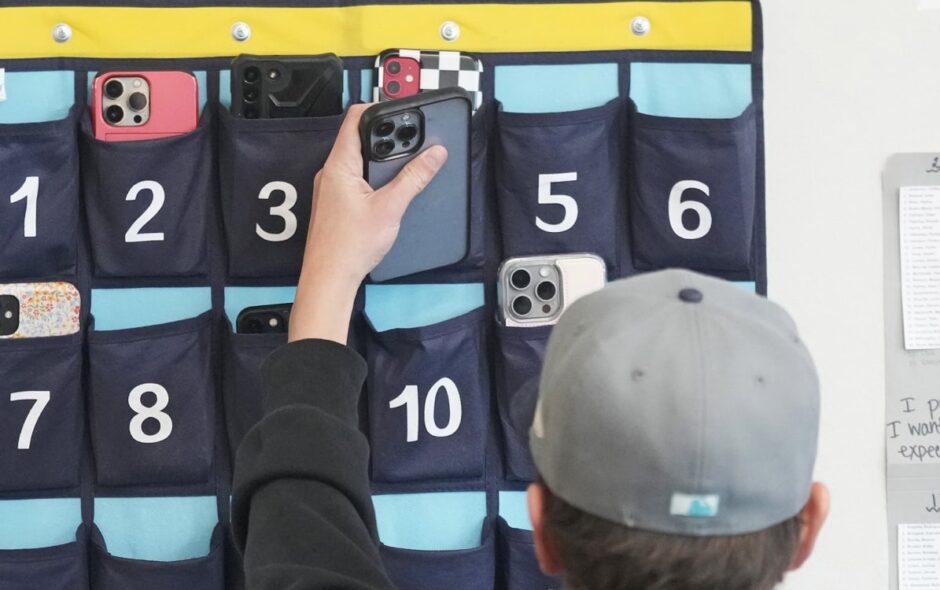Alabama has enacted a new law banning the use of cellphones in K–12 classrooms, making it one of several states to push for restrictions on devices during the school day. The legislation, known as the Freeing Our Classrooms of Unnecessary Screens (FOCUS) Act, requires that phones, smartwatches, and similar devices be turned off and stored away in lockers, cars, or designated areas. Exceptions are allowed for specific educational purposes, health needs, or emergencies, but the overall intent is to keep phones out of students’ hands from the first bell to the last.
Supporters of the law argue that it will reduce distractions, improve focus, and encourage students to engage more with their teachers and peers. Many teachers have complained that phones disrupt lessons, while administrators have pointed to declining attention spans and rising concerns about mental health as evidence that screen time during class should be limited.
But as the law prepares to go into effect for the 2025–2026 school year, it has sparked an intense debate about what happens during an emergency. Critics say banning phones in classrooms could leave students vulnerable if there were an active shooter or another life-threatening crisis on campus. The fear is that students who might otherwise call 911, reach their families, or communicate critical information could be left powerless at the very moment they most need a lifeline.
The concern is not unique to Alabama. Florida and Ohio have recently passed similar bans, and California has begun moving in the same direction. In each case, questions have been raised about how such laws intersect with school safety protocols. In active shooter drills, for example, students are often taught to silence their phones, but they are not typically told to relinquish them entirely. Removing access to phones could complicate coordination between students, parents, and law enforcement at a time when speed and communication are crucial.
Some school safety experts believe that centralized communication handled by staff and resource officers provides a more orderly response. They argue that students trying to call parents or police in the middle of an emergency could spread misinformation or clog communication lines. Others counter that those arguments ignore the reality that during past school shootings, students’ text messages and phone calls provided vital real-time information that helped responders locate them or track the unfolding situation.
The law also presents practical questions. Many districts plan to use locking pouches to store phones during the day, but these come with significant costs, and schools with tight budgets may struggle to provide them for every student. Without consistent enforcement, there is concern that the law may be applied unevenly across districts, leaving gaps in both discipline and safety.
Parents are similarly divided. Some welcome the idea of less distraction in the classroom, saying children already spend too much time on screens. Others worry about the possibility of being cut off from their kids in a crisis. Students, meanwhile, have begun circulating petitions arguing that while limits on phone use make sense, outright bans go too far and may put them at risk.
Alabama’s new restrictions highlight a growing national trend, but they also expose a flaw in the approach: the assumption that curbing distraction should come at the expense of emergency access. With school shootings remaining a grim reality across the United States, critics of the bans believe that stripping students of their phones entirely creates new dangers even as it aims to solve others.
As more states pass legislation banning phones in schools, the balance between creating focused learning environments and ensuring safety in emergencies is becoming one of the most pressing issues in American education. Alabama’s law will serve as a test case, showing whether the benefits of fewer distractions outweigh the risks of silenced communication when seconds matter most.




